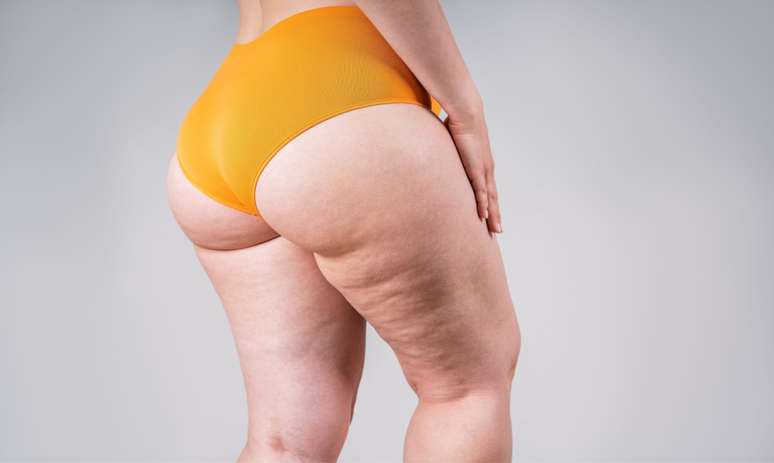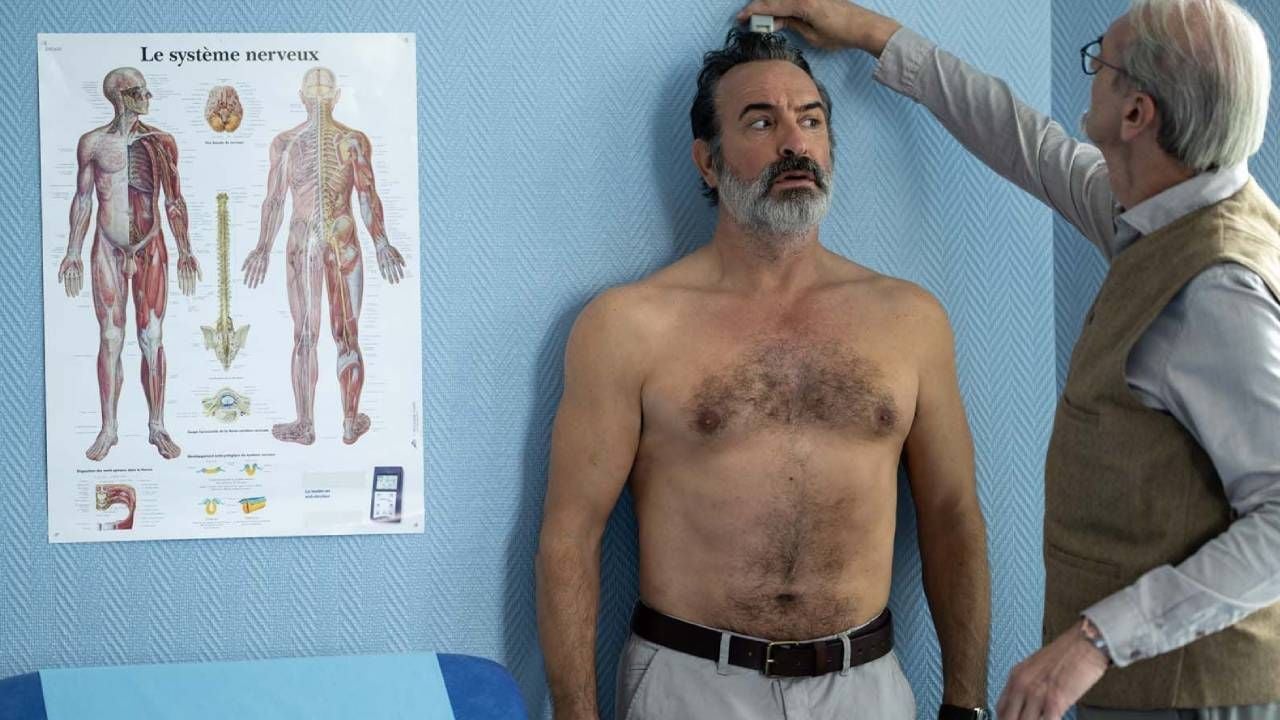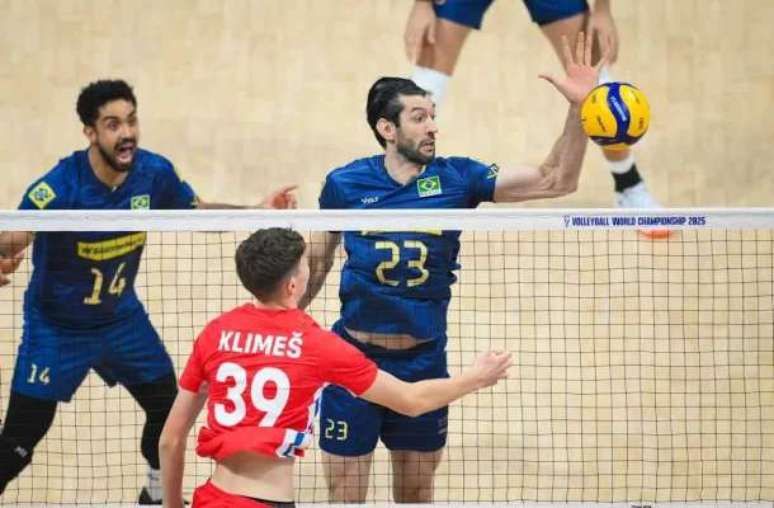The vascular surgeon clarifies the main doubts on the subject
If you suffer from varicose veins, you may have heard some myths, such as: they appear because you cross your legs a lot or because you wear high heels. But rest assured, you shouldn’t be the only person receiving this kind of misinformation. An estimate from the Brazilian Society of Angiology and Vascular Surgery (SBACV) revealed that around 38% of the Brazilian population lives with varicose veins, 45% being women and 30% men.

To better understand this change, it is important to know that the root cause is of genetic origin: some are predisposed and others are not. Some lifestyle habits, such as a sedentary lifestyle and long hours on your feet a day, can accelerate the onset and progression of the disease, but are not considered to be causes.
To clarify the matter, Dr. Márcio Steinbruch, vascular surgeon and SBACV member, listed 4 lies they tell about varicose vein treatment. Watch!
1. It is useless to cure varicose veins because they come back
The first big lie is to believe that the treatment of varicose veins it doesn’t work and they always come back. “What happens is that, for some reason, the wall of the vein weakens and this causes it to dilate and become swollen, deformed and painful. When we surgically treat this vein, it is removed and therefore cannot come back.” Says the surgeon. .
According to the doctor. Márcio Steinbruch, treatment for varicose veins is essential to prevent the condition from evolving into more severe cases, such as venous ulcers. “But what the surgery doesn’t prevent is another vein getting sick later. And that’s why people think the treatment didn’t work.”
Two. Creams and medicines are enough to make varicose veins disappear
Many people still believe in magic creams and when it comes to varicose veins, it’s no different. However, it is worth noting that lotions do not have the ability to do this regenerate a diseased vein, nor do oral remedies have the power to restore the vein to its original caliber after it has suffered a deformity.
“What lotions and medications do is help relieve disease-related symptoms such as swelling and pain. We prescribe them as an adjunct during treatment to improve patient well-being. However, varicose veins need medical intervention. Not to progress. “, comments Dr. Marcio Steinbruch.

3. Varicose veins grow and become varicose veins
This is a great myth that circulates in conversation circles. But this, physiologically, is not possible. Small, thin vessels cannot grow to the point of becoming a sturdy vein, causing skin deformities.
“Varicose veins affect the deeper veins that return blood to the heart. However, the appearance of varicose veins may be an indication that will lead the doctor to investigate and possibly diagnose a vascular disease. That is why it is always worth having an evaluation, even when you only notice the presence of small vessels, “explains the surgeon.
4. Undergoing varicose vein surgery in the cold accelerates recovery
Undergoing surgery during the colder seasons of the year is a good option for the varicose vein patient, as it is the best time to avoid sun exposure and for patients to be more comfortable hiding the signs of intervention until they disappear.
“What we cannot do is associate the constriction that the cold causes in the vessels to excellent healing. The quality of the postoperative period and the recovery in these cases will always depend on resting and using elastic stockings in the correct way recommended by the vascular surgeon, “says Dr. Márcio Steinbruch.
Consult an expert
The doctor. Márcio Steinbruch points out that vascular diseases require evaluation, examination, diagnosis and treatment performed by a qualified professional. So get it checked once a year, even if you have no symptoms.
Dr. Marco Steinbruch
Graduated from the University of Sao Paulo (USP), he is a doctor specializing in vascular surgery at the Hospital das Clínicas from FMUSP, he also has a specialist title and is a full member of the Brazilian Society of Angiology and Vascular Surgery.
By Carol Teberga
+The best content in your email for free. Choose your favorite Earth Newsletter. Click here!
Source: Terra
Benjamin Smith is a fashion journalist and author at Gossipify, known for his coverage of the latest fashion trends and industry insights. He writes about clothing, shoes, accessories, and runway shows, providing in-depth analysis and unique perspectives. He’s respected for his ability to spot emerging designers and trends, and for providing practical fashion advice to readers.








